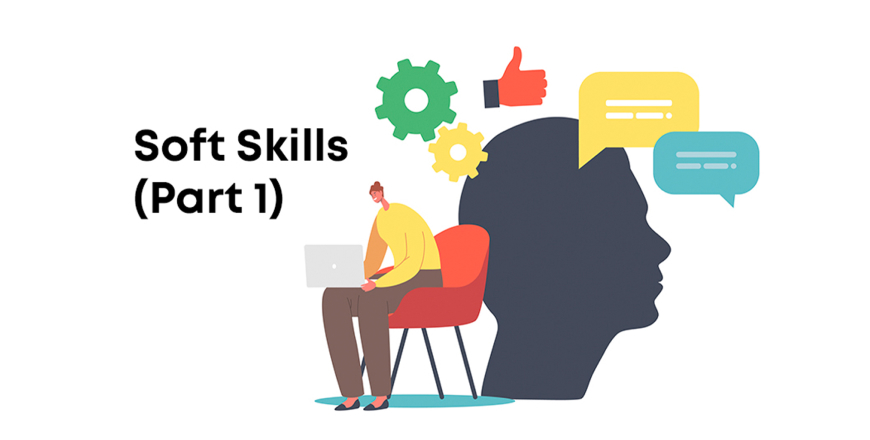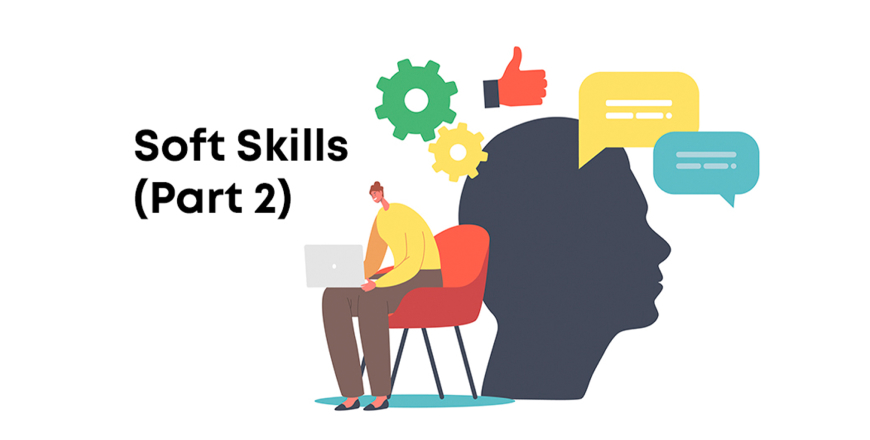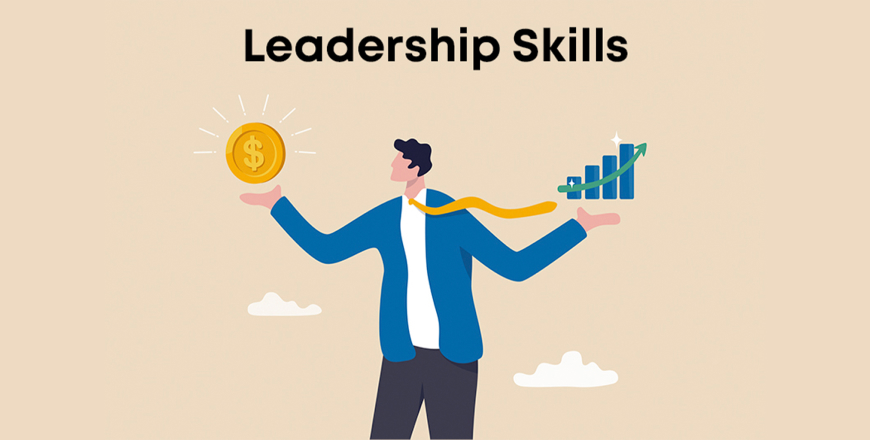Start Unlocking Your Emotional Intelligence – Build Self-Awareness

The world is a stage of tough competition, and being book-smart with a high IQ will only give you a slight chance to take you to the next level. To be successful, we must effectively promote ourselves and our ideas. Learn about Emotional Intelligence and raise your EQ with Steven Jacobs, a successful trainer, business leader, consultant, executive coach, and speaker. He will guide you to understand yourself and your motivations, giving you the edge in a world of tough competition.
Target Audience
This course focuses on individuals:
- Individuals seeking personal and professional growth
- Leaders and managers looking to improve their leadership skills
- Team members aiming to enhance team dynamics and communication skills
- Anyone interested in developing their Emotional intelligence
Course Prerequisites
This course doesn’t require any prior knowledge of emotional intelligence. This course suits beginners and anyone looking to deepen their understanding of self-awareness and EI concepts.
Objective
In this course, you will learn:
- The fundamentals of Emotional Intelligence and its importance in personal and professional life
- Techniques to develop self-awareness and understand your own emotions
- How self-awareness can lead to better decision-making and relationship-building
- Strategies to apply self-awareness in leadership and teamwork
Topics Covered
The course will cover the following topics:
- Introduction to Emotional Intelligence (EI) and Emotional Quotient (EQ)
- The role of self-awareness in EI
- Practical exercises to enhance self-awareness
- Applying self-awareness to improve leadership and team interactions
Course Module
This course consists of twelve modules:
- Introduction to Emotional Intelligence
- What is emotional intelligence?
- Goleman’s 5 Tenants
- Can emotional intelligence be learned?
- Tips for Improving EI
- Summary
- Introduction to Personality Considerations, Strengths & Weaknesses
- Thinking Styles & the Value of Diversity
- Whole Brain
- Your Whole Brain at Work
- Personalized SWOT
- Closing
By the End of This Course
Learners will have a solid foundation in Emotional Intelligence, with a particular focus on self-awareness. They will understand how to apply self-awareness to improve leadership, build effective teams, and navigate interpersonal relationships.
Enroll Now
Unlock your emotional intelligence and begin your journey to greater self-understanding and success. Enroll now to start building the foundation for stronger relationships and effective leadership.
Welcome & Introduction to Emotional Intelligence
Steve Jacobs explains his background of over 25 years in the pharmaceutical and biotech industries, as well as his time in the military.
What is Emotional Intelligence?
What is emotional intelligence, and why is it so important in the business world? Enter - Goleman's 5 Tenets!
Goleman’s 5 Tenants
Why is self-awareness considered by many to be the most important tenet? Steve explains how this is the core of EI.
Dive into self-regulation, along with the hallmarks that make it so crucial for EI.
Discover the hallmarks of motivation, including optimism in the face of failure.
Learn how empathy is impactful when it comes to developing your emotional intelligence.
This lesson explores the hallmarks of social skills as a tenet, introducing the term "LION" and how that relates to networking.
Can emotional intelligence be learned?
It's been a constant debate as to whether you can develop your EI, and Steve settles the debate right here and now with teachings from Daniel Goleman.
Tips for Improving EI
Receive some valuable tips on how you can improve your EI in five key areas.
Summary
Steve recommends some action items for you to follow up on, now that you know the outcome of your EI quiz.
Summing up the first part of the presentation, Steve and Alan reiterate the importance of emotional intelligence in business.
Introduction to Personality Considerations, Strengths & Weaknesses
Find out the importance of personality considerations, strengths, and weaknesses as Steve introduces the lessons to come.
Thinking Styles & the Value of Diversity
This lesson delves into thinking styles, asking how you're oriented and where your focus lies.
Whole Brain
Discover what the Herrmann Brain Dominance Index is, and follow along with this assessment activity.
Steve explains the concept of the "old days", and how the Whole Brain Model challenges that.
Learn about the four thinking processes in the Whole Brain Model from blue to yellow thinkers.
Your Whole Brain at Work
This lesson explores each color of thinkers at work, and how every type of thinker has a complementary thinker.
Steve discusses how each of the Whole Brain thinkers function as managers in a work setting.
Learn why your thinking style should match the company you work at.
Personalized SWOT
Find out what SWOT stands for, and what it means to work on your personalized SWOT.
How do you figure out how to pinpoint your strengths? Here are some questions you can ask yourself!
Steve advises what to ask yourself to understand your weaknesses, including what tasks you aren’t confident doing and what your negative work habits are.
Learn how to identify potential opportunities, for example, by questioning what new technology can help you or if your industry is growing.
From obstacles you’re currently facing in school or work to competitive colleagues, discover your potential threats.
Find out if people can fall under multiple areas for the Herrmann Brain Dominance Index, and discover how important Personal SWOT is in business.
Closing
To wrap up, Steve encourages everyone to tune into additional Epee courses, including his course on team dynamics and leadership styles.


